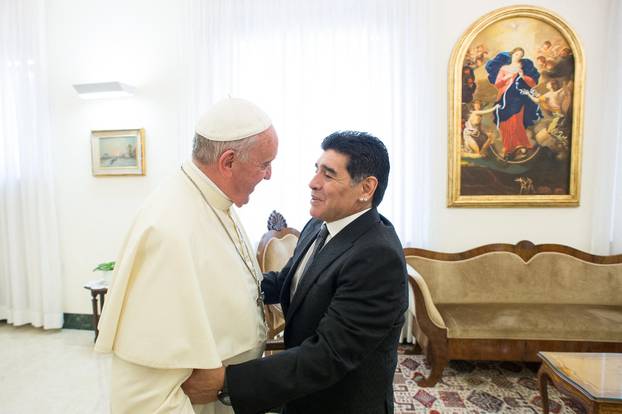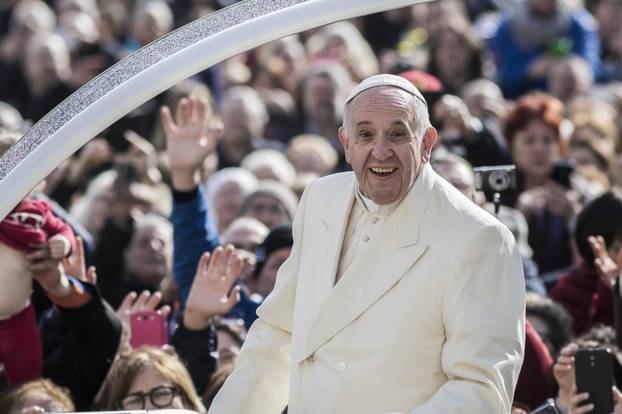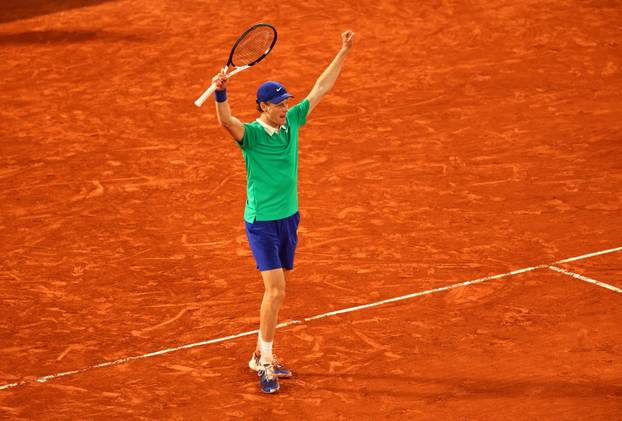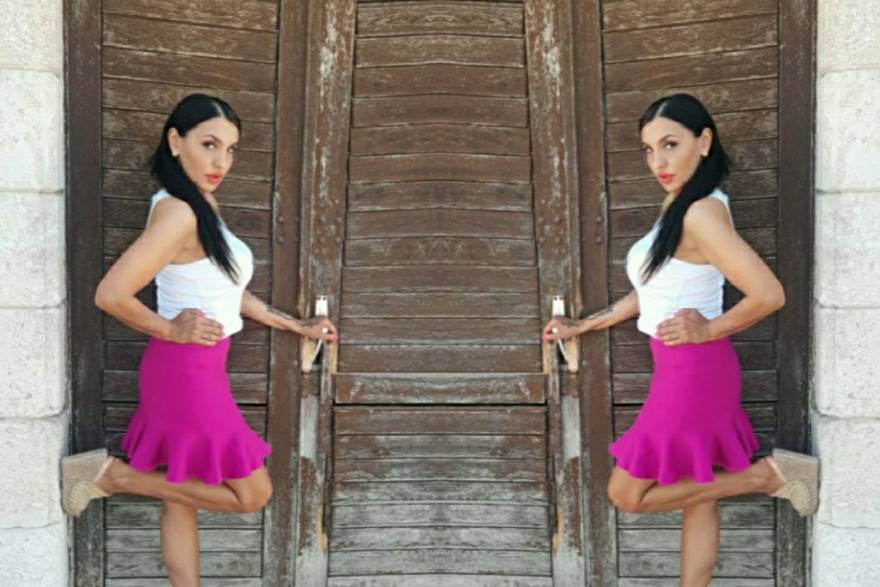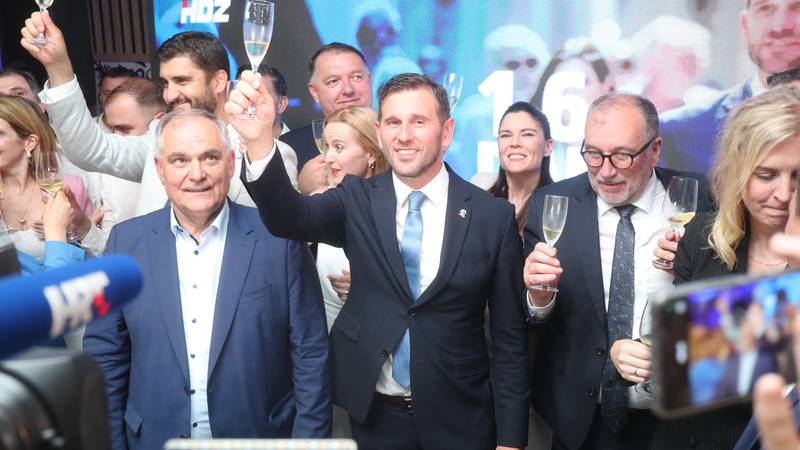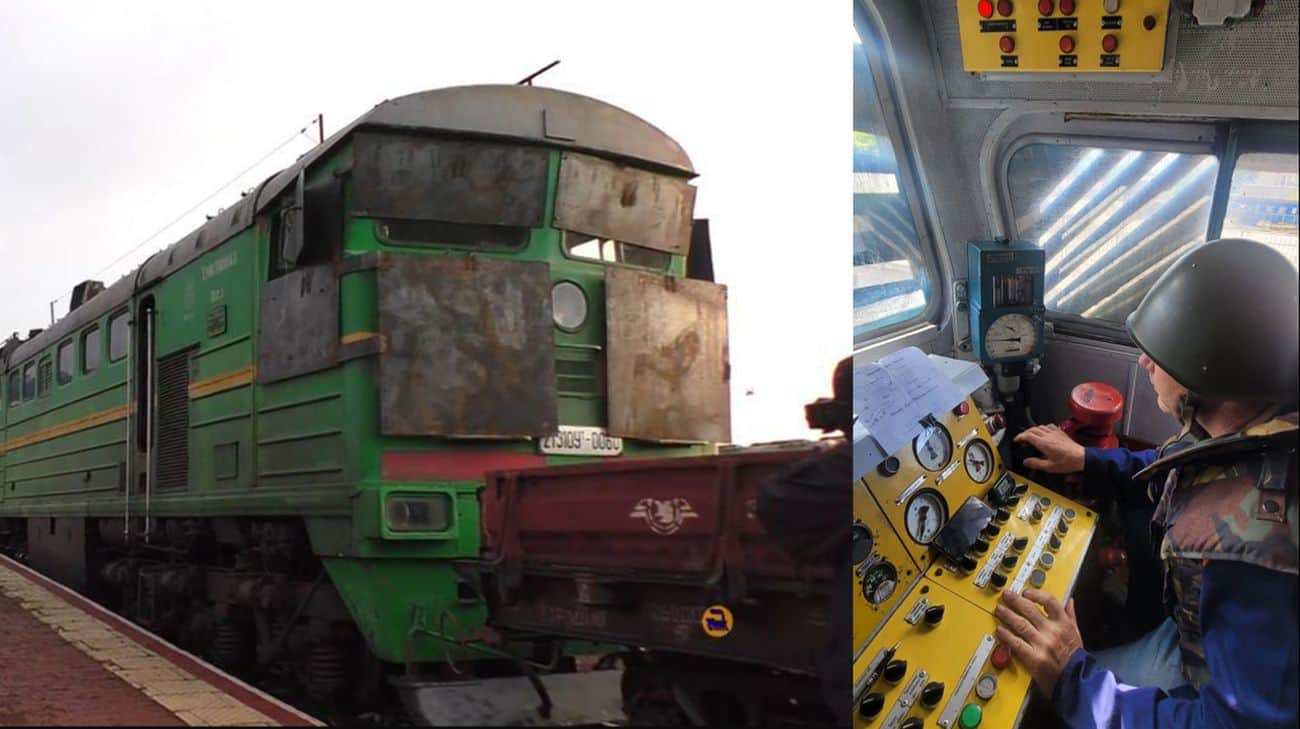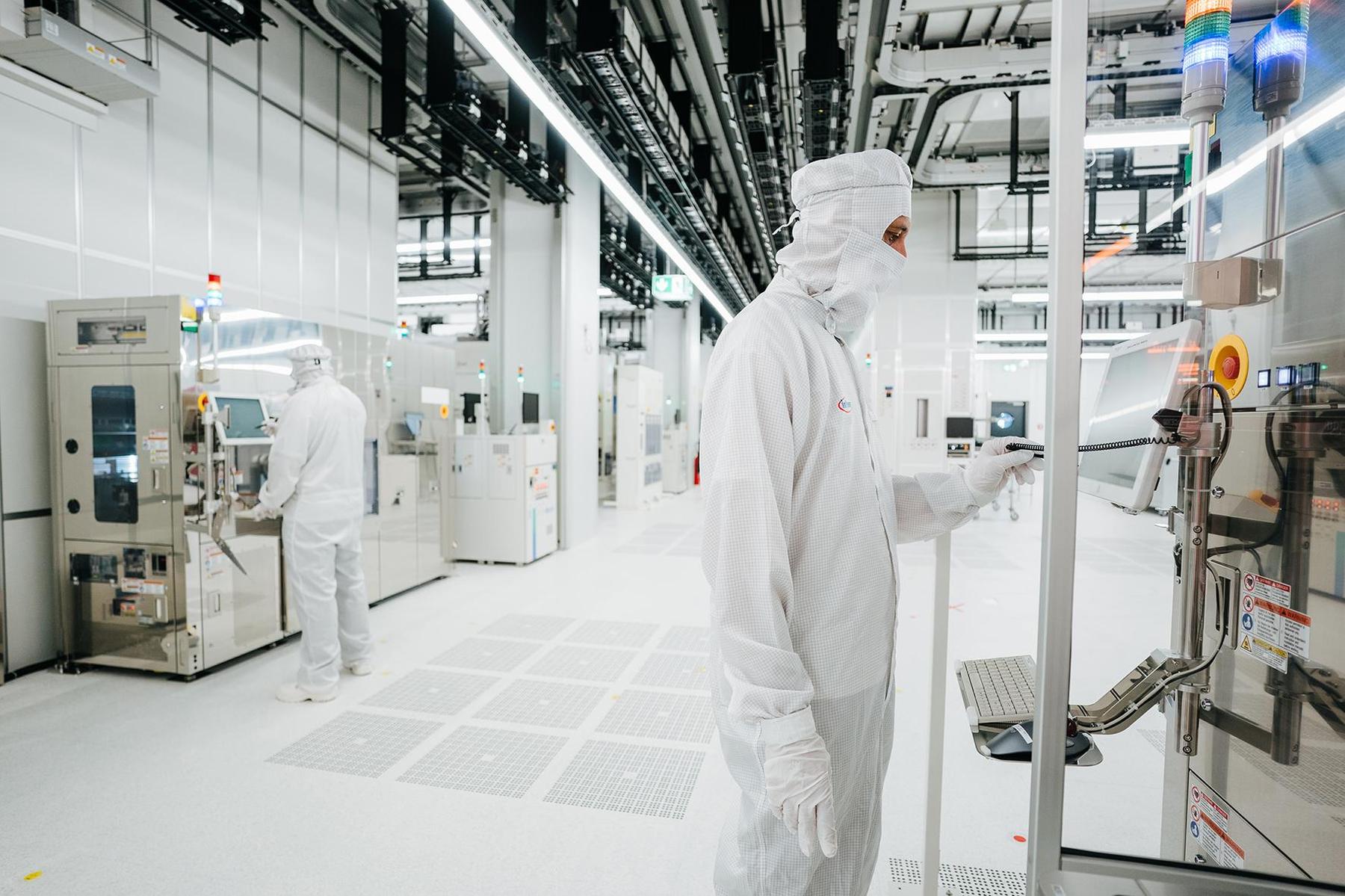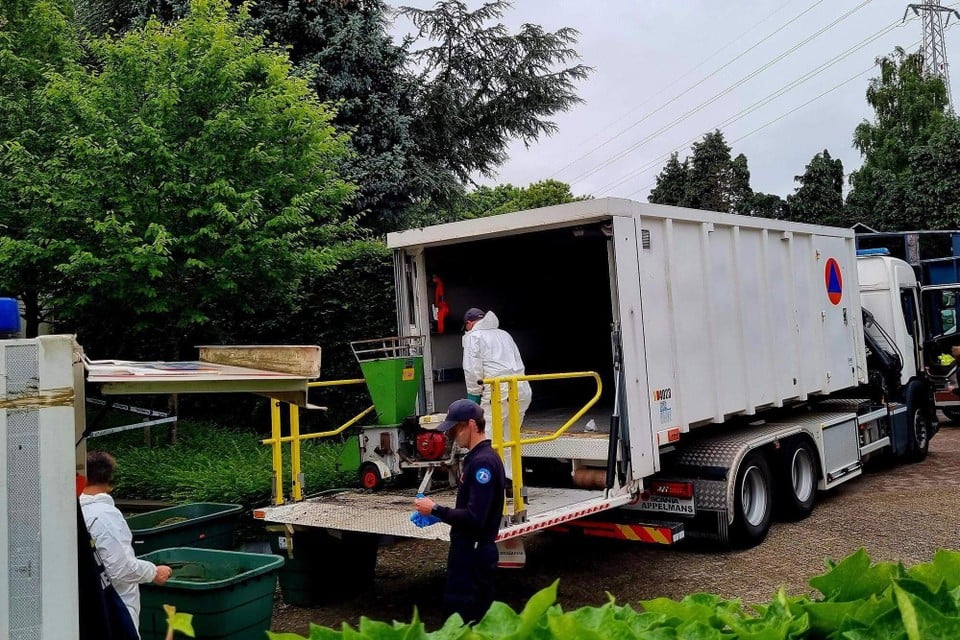The death of a pontificate, a sowing of one vision: was a lighthouse in the darkness of insecure times
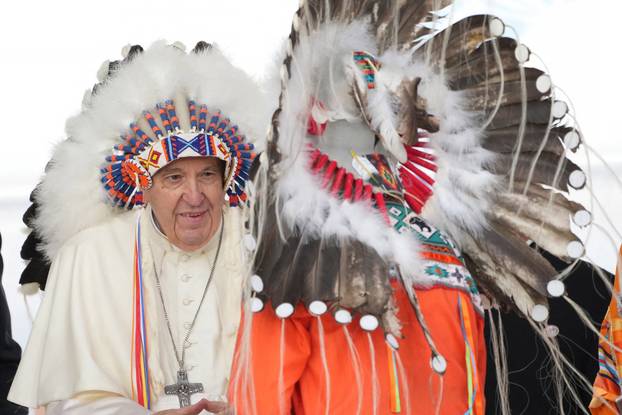
Jorge Mario Bergogliobetter known as Pope Francis, passed away on April 21, 2025 at 7.35am. The news of his death was published by Cardinal Farrell on behalf of the Holy See’s Press Office: « Dear brothers and sisters, I have to publish the death of our great Holy Father Francis with deep sadness. Bishop Rome, Francis, returned to his father’s home. He devoted his entire life to the Lord and his Church. » Just a day before, visibly weak, the last time blessed the world. It was a face that could no longer hide the pain, a tired man who no longer cared for personal comfort. He did not listen to the doctors because he could not be Pope half. He was the pope until the last breath – not by the title, but by the inside of the faith.
This death It is not only the end of life, but the end of an episode of the Church, one spiritual attempt, one brave – and often misunderstood – visions. She is the final sign of the interpunction after the sentence Francis wrote for twelve years: sentences of contradictions, mercy, reforms that were more disturbed than delighted. His pontificate will remain one of the most dynamic chapters of recent ecclesiastical history – a chapter read slow, with doubt, sometimes with resistance.
His style was not the style of the ruler, but the pilgrims. His theology was not decorated with concepts, but stripped of the essence: mercy, simplicity, solidarity. He was not a pope of spectacular revolutions. There was a pope of slow transitions, quiet turns, questions that could not be silent. He built a church that is not comfortable.
A church that doesn’t care For the aesthetics of power, than for the vulnerability of those who knock on her door. His body, which was increasingly giving up, a face that was increasingly tormented, became part of his message: the church is the « Polish Hospital », the Home for Tired. Francis carried his own powerlessness not as a burden, but as the last form of service. His carts were not a sign of giving up, but of faithfulness – to the very end. As if he was trying to tell us that the Church does not always have to be strong and powerful to be credible.
Francis did not die as a pope who completed the reform. His legacy is not a catalog of finished answers, but a map of still impassable paths. He opened the synod but did not welcome her fruits. He opened the space to listen, but did not close the door to the changes. It was – as some had already called it – the Pope of the Process, not the product. His death therefore does not mean to close the chapter, but leaves the Church a challenge: will what he started to become a heritage or just attempt?
In a time that sought symbols of strength and power, Francis chose the speech of fragility. In a time that sought clarity – he offered shades. Did not abolish celibacy. He did not open the door to the priesthood of the woman. He didn’t change dogmas. But he changed the tone. In his vision of the Church, the priest is not the Lord of the Holy, but a servant wounded. The bishop is not an administrator, but a guardian of the gospel condolences. His approach to LGBTQ+ people, migrants, poor and those on her sides often caused the anger of conservative circles. But Francis did not want to cheer up any faction – he wanted to remain faithful to the gospel that was never comfortable. He tried to remain faithful to Christ, not the agendas.
He resented publicly Every Christian community who forgot to be a church, which – instead of the evangelical spirit – embraced the national narrative, political power, ideological closed. In this key, its action to Croatia, more precisely, should be interpreted – according to its inner picture of the Church. Since the beginning of the pontificate in Croatia has been causing discomfort. Not because he would say something directly against, but because he did not confirm the expected. He was silent when loyalty was sought, and he spoke when a silence was sought. One part of Croatian Catholics did not recognize the ally in cultural wars. And that was a sin that did not say goodbye to him.
His restraint regarding the canonization of Cardinal Aloysius Stepinac have seen many as a betrayal. The establishment of a mixed commission with the Serbian Orthodox Church – the move of pastoral prudence – for some it was a sign of weakness and servility. In reality, it was the expression of Francis’ deep faith in the truth that goes beyond the nation. He did not deny Stepinac – but refused to canonize him without a real dialogue and dealing with the past. For Francis, the truth is not what our or theirs say – but what can be handled before God and before history. But many did not want to hear that. That is why his gesture was welcomed with anger. That is why it began to be portrayed as a « communist », « heretics » and even « Satanist ». Not because it is, but because he was disturbed by symbols. Because he was questioning the narratives. Because he did not agree to the political instrumentalization of holiness.
In Croatia, he was particularly difficult to swallow because he revealed that the Church did not always have to stand with the flag. He did not deny patriotism, but warned of his caricature. He did not dispute Stepinac, but refused to turn martyrdom into a simple designation of the ideological alliance. And in that, Francis was dangerous: he did not touch dogmas, but he is myths.
That’s why they are most Impressed not unbelievers, but believers. Not those outside the church, but those who imagine the Church as a fortress of their beliefs. Francis made them look in the mirror – not rhetorically, but really. In his silence in front of the cameras, in his slightly tilted body, there were more prophetic forces than in thousands of communications. He didn’t go out, but he would always echo loudly what he was saying.
If there is anything that made Pope Francis really different, it was his perseverance in the dialogue where most no longer played hope. In his encounter with Orthodox churches – and especially with the Russian Orthodox Church under the patriarch of Kiril – there was no triumphalism, but a humble persistence. This attempt at approaching, symbolically consolidated in the historic meeting in Cuba in 2016, has already carried the Patina of the impossible. At a time when the patriarchs speak the language of geopolitical interests, and Mitra is increasingly carried as a general cap, Pope Francis persistently offered his hand. Not out of weakness, but from the belief that even silence can become a bridge – if it is long enough to keep quiet with love.
But after the outbreak of war In Ukraine, his attempts to build bridges became the subject of reproach on both sides: the conservative accused him of lukewarmness, and secular commentators for naivety. However, Francis was not naive, but radically faithful to what is usually avoided in diplomacy – the gospel truth that does not know the boundaries. In a world where Christian churches are increasingly playing the role of prolonged hands of state policy, Francis insisted on a church that remains a transition space, not belonging. His church spoke the language of mercy where others shouted the slogans about tradition.
That persistence was not limited only to relationships with Orthodox. In a world where populist leaders and technocratic oligarchs equally advocate for soulless pragmatism, Francis remained one of the last advocates of global empathy. Not globalism in economic or political terms, but globalism as spiritual belief that borders should not be harder than conscience or security wall higher than the gospel view of the neighbor. While some celebrated a digital future in which algorithms replace conscience and ideological campsites redefined the truth, Francis recalled that without communion there was neither truth nor salvation. While the technocratic mind, embodied in characters like Elon Musk, mockery of empathy as an old -fashioned weakness, Francis turned it into its fundamental axiom. He was a bridge in a time that celebrates the walls, a tear in a world that adores safety, a gospel silence in the market and media noise.
In that spirit, his most ambitious venture took place: World Synod. For some, only the church convention with boring introductions and not clearly clear conclusions, for Francis – a historical attempt to learn to listen to the Church again. Not that she would decide what to say, but to dare not know. In a world where everyone shouts, Pope Francis called for a whisper – the inner one. He introduced the term « conversation in the Spirit » – not as a sentimental record, but as a method of resistance to quick solutions, which means joint discernment in silence, without voting and competition, with the aim of listening to God’s inspiration among people. The synod was not his concilia. She was a symbol of his quiet belief that the truth does not come from most, but from a silence that listens more than he speaks.
His documents – Evangelii Gaudium, Laudato SI ‘, Fratelli Tutti – will remain as a manifesto of a church that is not afraid of the world or its own weakness. Churches that no longer preserves authority, but faith. Churches that know that dialogue is more difficult than rule, but the only gospel path. But Pope Francis will not only be remembered for the documents. He will be remembered for the restlessness he brought into the accustomed patterns, according to a simple sentence, « Who am I to judge? », In every quiet moment when he knew how to remain silent than to speak. By walking. By wheelchair. By prayer in front of destroyed cities and before destroyed hearts. And now he’s silent. And nothing sounds equally.
His death It’s not the end of the epoch. She is an open question – not just conclave for the choice of his heir, but spiritual orientation. Did the Church really understand what Francis was trying to tell her? Or will his pontificate remain like a grain that falls on different soils – he grows up somewhere, and elsewhere he chooses in Trnje?
And maybe that’s exactly what his size lies in: he didn’t want to leave a monument, but a question. He did not want to be the founder of the new era, but a lighthouse in the darkness of insecure times. Maybe over time, what is hard to accept now will be understood. Francis ended nothing, but he started everything.

